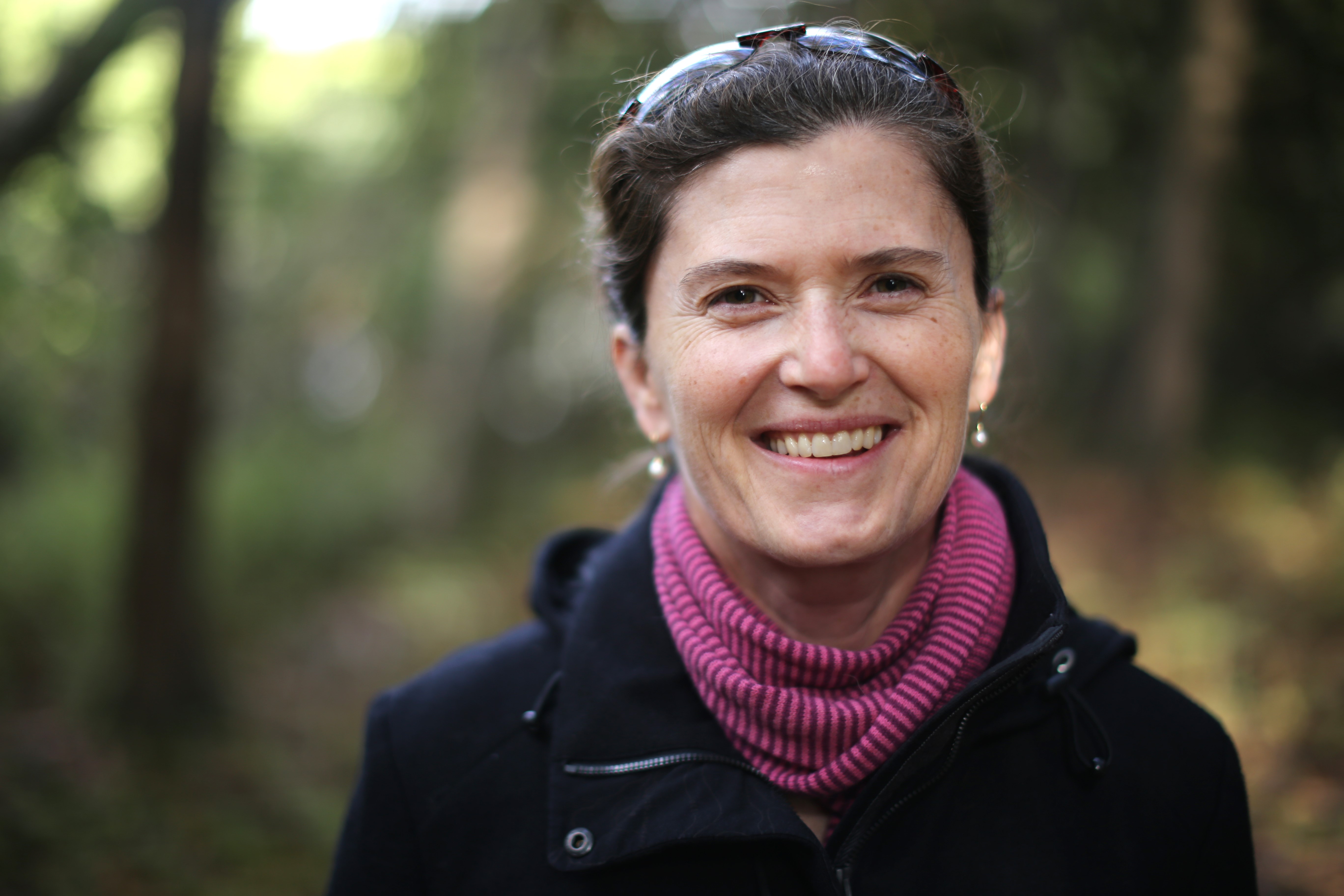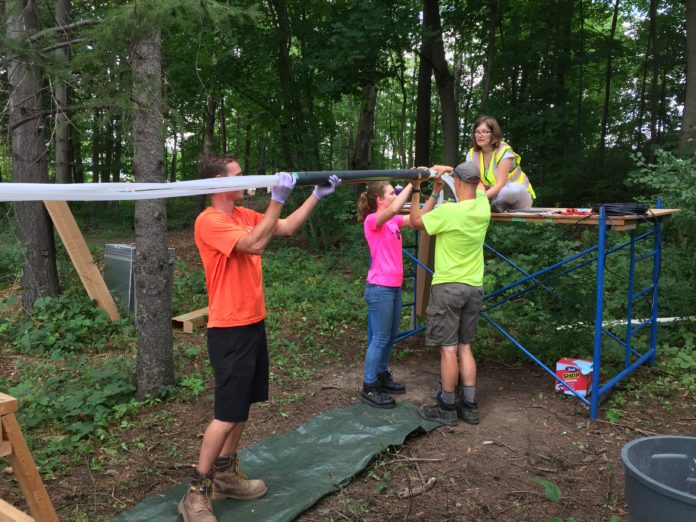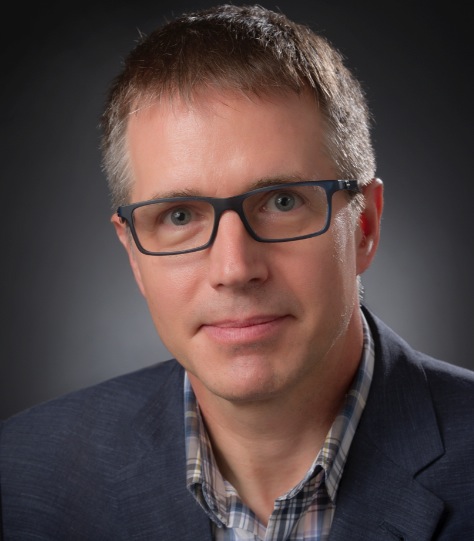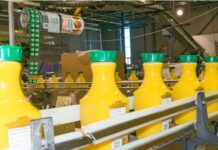Two of the University of Guelph’s innovation leaders are resolute in their pursuit to Improve Life. Guelph-based Mirexus and G360 transform fundamental science discoveries into big business that will lead to significant benefits for Canada.
How can we protect ourselves from cyber terrorists? What influences a consumer’s decisions to buy eco-friendly products? Can we make or identify new materials to revolutionize technological capabilities while minimizing waste? These are just some of the questions being answered by researchers in the University of Guelph’s College of Engineering and Physical Sciences, which includes five academic units—Chemistry, Physics, Mathematics and Statistics, Computer Sciences, and Engineering. Researchers in the College are working diligently to understand and solve real-world problems.There are many examples of exciting projects and successes and here are two of them. For more information, visit uoguelph.ca/ceps.
Mirexus
A happy accident in a University of Guelph research lab has led to a Guelph company targeting multi-billion-dollar market segments around the world.
Mirexus developed PhytoSpherix®, a patented process to extract and purify phytoglycogen, a natural biomolecule produced by sweet corn. The glucose particles are safe, non-toxic, biodegradable and have incredible water-retention properties.They present broad opportunities for applications in personal care, nutrition and biomedicine, altogether representing at least a $1.3-billion market opportunity.
Mirexus’ Glysantis business is exploring applications in vaccines, drug delivery and antibiotics. Mirexus is also launching its own line of skin- care products through spin-offVeriphy Skincare.
Mirexus is part of Guelph’s globally recognized agri-innovation cluster, home to more than 350 agri-food and agri-biotechnology companies and associations.
Dr. John Dutcher founder of Mirexus and University of Guelph physics professor and Canada Research Chair.
“It makes perfect sense for Mirexus to continue to grow its business in the supportive and dynamic environment in Guelph. Quite simply, Guelph is the place to be,” said company founder and University of Guelph physics professor and Canada Research Chair Dr. John Dutcher, who led the research team that made the discovery.
Dutcher says the venture has relied on many local and provincial organizations, including Innovation Guelph, the University of Guelph, the Ontario Centres of Excellence, MaRS Innovation, Ontario Agri- Food Technologies, and OMAFRA.
“These organizations have provided valuable advice and funding to do a variety of essential things, ranging from growing corn varieties to doing proof-of-principle experiments to making prototype products to doing market research to scaling up of the production of the particles.All of this was essential to translate the technology from the lab bench to the marketplace.”
He describes PhytoSpherix as “a classic case of serendipity.”A joint project with a microbiology team led by Professor Terry Beveridge in 2006 yielded a waste product they soon realized held great scientific – and economic – potential.
Mirexus will move into a new 12,000-square-foot facility in Guelph’s Hanlon Creek Business Park in May. It will provide a manufacturing capacity of 16 tonnes per year of PhytoSpherix, along with research and development facilities, and sales and marketing offices. The company expects to grow from its current 18 full-time employees to about 90 in the next 10 years.
G360 Institute for Groundwater Research
G360 is focused on field research to enhance fresh groundwater in Guelph and around the world, supporting ecosystems, drinking water, and food production.
Groundwater is a critical, though largely unseen resource, providing drinking water for 50 per cent of the world’s population but contamination is a pressing problem nearly everywhere. G360 builds on the University of Guelph’s well-established excellence in field research, says institute founder and director Dr. Beth Parker.
The institute is the hub of a global collaboration of 20 institutions in 11 countries, attracts high-caliber students and researchers, and is supported by more than 25 multinational corporations, industry sponsors and government agencies. No other facilities for groundwater research and education backed by such academic-industry- government collaboration exist in the world.
Increasing demand for fresh water means we need to better understand its distribution and travel times.“Our challenge is to appreciate this resource more fully and implement innovative technologies for its improved protection and sustainable use,” said Parker, who holds an NSERC Industrial Research Chair.
The City of Guelph, which relies on a bedrock aquifer for its water supply, is the model community for G360’s work and rapidly mobilizes its technology. The institute works with many local partners that provide cash and in-kind contributions, host field research and hire graduates. Parker, who founded G360 in 2008, leads a team of 40 scientists, including 25 staff scientists and 15 graduate students.

“We bring extraordinary value to our industry sponsors with real-world results. They get access to insights generated by a consortium of research expertise and funded by a pool of sponsors.”
Parker says there is a vision, supported by the University and the City, to transform G360’s on-campus field facility – the Bedrock Aquifer Field Facility (BAFF) – into a groundwater discovery centre that would combine research, technology development and hands-on professional teaching with community outreach and engagement. It would also showcase innovations developed by G360, which holds a number of patents and trademarks.
Parker is especially proud of her institute’s focus on high-quality but cost- effective science.
“We have a lot of sophisticated tools and we are interested in how they can be made portable and applicable to solve a variety of problems. Technologically advanced should not be synonymous with expensive.”

















